
My father never said ‘i love you,’ but he showed it every day
My father never said ‘i love you,’ but he showed it every day
When life hands you lemon seeds, plant a lemon tree. Although it can be a labor of love, it is possible to grow a fruit-producing citrus tree from seed indoors or outside in USDA hardiness zones 9 to 11. Generally, it takes seven to 15 years for a lemon tree planted from seed to mature and produce fruit. In the meantime, you can enjoy this plant's beautiful foliage. If you're in it for the long haul, these expert tips for growing a lemon tree from seed will help you produce a healthy, fruit-bearing tree before you know it.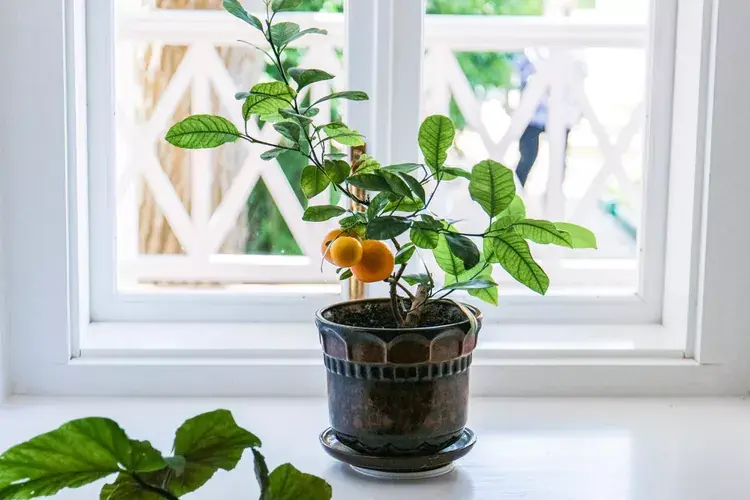
Planting lemon seeds is easy to do with citrus purchased from the grocery store or farmers market. Keep in mind that the seedlings will look similar to the parent plant but not identical.
Seeds from any healthy, mature lemon fruit can be used to grow a lemon tree, says Justine Kandra, a horticulturist at Missouri Botanical Garden's Kemper Center for Home Gardening. Check for signs of rotting or bruising when selecting a lemon to harvest the seeds from.
Cut the lemon in half, being careful not to accidentally slice open the seeds. Gently remove the seeds from the fruit and rinse them off with water to remove any pulp and lingering sugars.
Fill a small pot or plug tray with fertilizer-free potting soil. Plant the seeds 1-inch deep in the soil. "It is best to plant the seeds as soon as possible, because they do not tolerate being dried out for too long," says Kandra.
Water the seeds thoroughly and keep them in a brightly lit, warm area (at least 70 degrees Fahrenheit) to allow them to germinate. If you don't have a space with adequate sunlight, supplement with grow lights. After a few weeks, the seeds will begin to sprout.
Consider these popular cultivars when choosing a type of lemon to grow from seed.
This hybrid of citron and a mandarin orange is not considered a true lemon. Meyer lemons are smaller, more round, and taste sweeter than the traditional lemon. The flavor is more herbal than it is fruity.1
Often used to make lemonade, Lisbon lemons are the most commonly sold type in the Eastern U.S. They have a distinctive lemon shape with a pushed-in point on one end. As the name implies, Lisbon lemons are believed to have originated in Portugal.1
Eureka lemons are similar to Lisbon lemons in flavor and aroma. Some Eureka Lemon trees feature beautiful white-and-green variegated leaves, filling your home or garden with beauty even when they're not producing fruit. The lemons have pink pulp sacks, giving the flesh a pinkish hue.1
Whether you are growing lemon trees indoors or outside, the requirements needed to ensure they grow and thrive are similar.
Your lemon tree will need at least eight hours of full sun each day, says horticulturist Steven Biggs. It will grow best indoors if it has access to a south-facing, sunny window. As mentioned, you can use grow lights to supplement natural light if necessary.
Lemon trees need well-draining soil. If planting outdoors, choose a location that doesn't pool with water during heavy rains. When planting in containers, choose a well-draining potting mix or amend potting mix with pumice or perlite to improve drainage.
Make sure the soil stays evenly moist, but not waterlogged. For best success, water your lemon tree once the soil has mostly dried out before watering again, says Biggs.
Apply an all-purpose fertilizer with micronutrients or a lemon tree-specific fertilizer during the growing season to encourage fruit production. Our experts recommend following the manufacturer's directions for guidance on how and how often to apply the fertilizer.
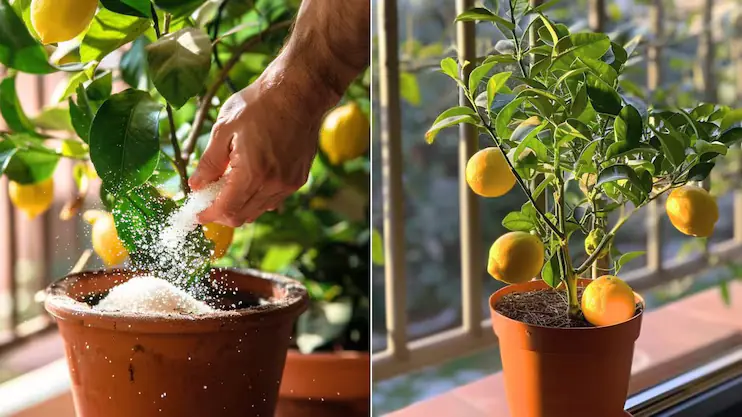
Young lemon trees grown in containers will need to be repotted about every two years; mature ones should be repotted every three to four years. The best time to do so is in the spring, right ahead of the growing season, says Kandra. Here's how to do it:
Lemons that are ready to be picked are firm and bright yellow—you should be able to easily take them off the plant. Using your hands, gently twist the fruit and pull it off the tree. Lemons will stay ripe for weeks to months on a tree, so you don’t have to worry about them going bad quickly, says Biggs.
Although it takes about seven to 15 years to grow a lemon tree from seed, it will be worth it once you start to see fruit form. Biggs said he had nearly 50 lemons on his tree ahead of a recent harvest.
Although lemon trees are relatively low-maintenance, there are some common issues you may run into when growing and caring for this plant.
Mealy bugs, spider mites, and scale insects are common lemon tree pests. The best way to get rid of them is by dabbing the infested foliage with a cotton round and rubbing alcohol, says Biggs. He recommends growing your lemon tree in humid conditions, since these bugs don't survive in this type of environment.
If your lemon tree has root rot, it is likely due to poor drainage. Make sure you plant an outdoor lemon tree in a well-draining location. If you planted the tree in a container indoors, make sure it has drainage holes. Overwatering may also cause root rot, so be sure to feel the soil for dryness before watering. If scaling back your watering schedule doesn't work, you may need to repot the tree.

My father never said ‘i love you,’ but he showed it every day

The day our power went out was the day we talked for hours

Moving in with my parents was supposed to be temporary

The surprise my kids planned changed the way i saw myself

We didn’t have much, but we always had sunday dinners


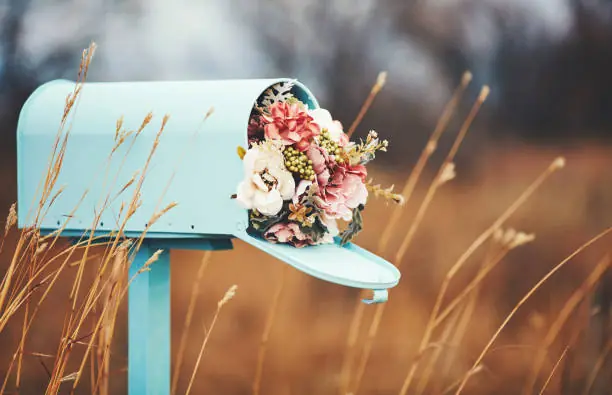


“You’ve been bleeding me dry for 38 years. From now on, every penny you spend comes from your own pocket!” he said. I just smiled. When his sister came for Sunday dinner and saw the table, she turned to him and said: “You have no idea what you had

At 69, I hired a private investigator just for “peace of mind.” He found my husband’s secret family and another marriage license from 1998. The detective looked at me and said, “Ma’am, you just became very rich.”

We left quietly, made one decision at a nearby café… and my phone soon showed 32 missed calls

I spent a month in the hospital, and when I came back home

“Kneel and clean my shoes right now!”

No housekeeper had ever lasted long with the billionaire’s new wife

At the divorce hearing, my husband laughed

John, where should I sit?

The guests on the luxury yacht looked down on the woman in the simple dress

“If anyone here manages to translate this, I’ll give them my entire paycheck,” shouted Daniel Scott

After an argument, my husband left me at a bus stop outside the city, with no wallet

The day our power went out was the day we talked for hours
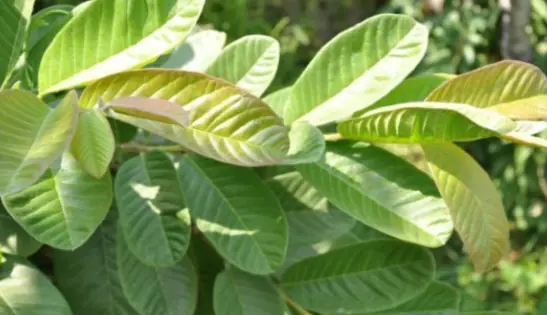
Guava leaves are not only an ingredient in cooking but also have many wonderful uses for health and beauty. Here are some of the outstanding benefits of guava leaves:
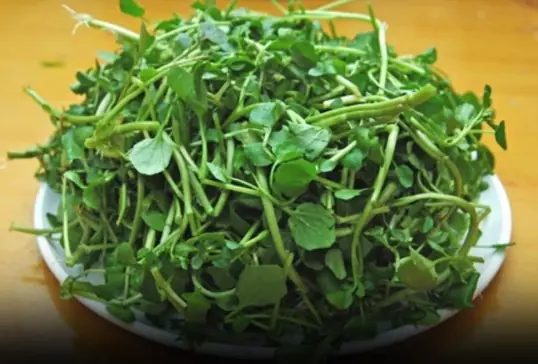
Here are 4 best vegetables that can help prevent cancer due to their rich content of antioxidants, vitamins, and minerals:

Moving in with my parents was supposed to be temporary

Even young individuals can experience strokes

The surprise my kids planned changed the way i saw myself
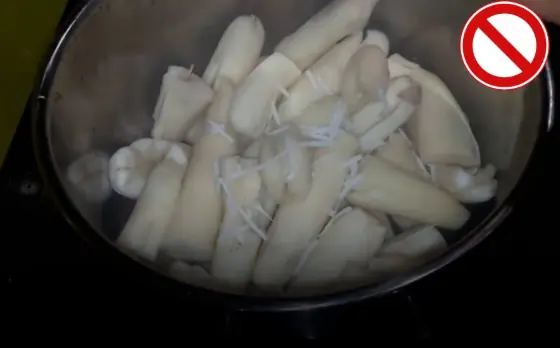
It’s fragrant, refreshing, and a staple in many Southeast Asian kitchens

We didn’t have much, but we always had sunday dinners
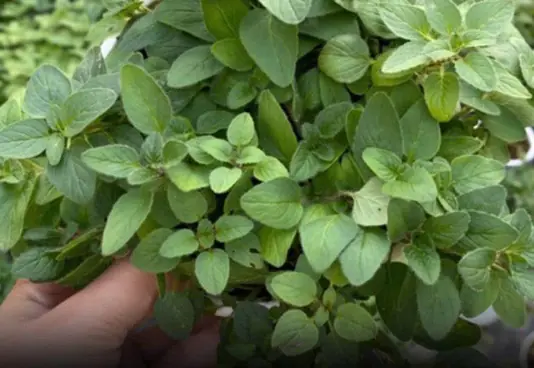
Oregano may seem like just another kitchen herb, but this small, fragrant leaf carries a surprising amount of medicinal power.
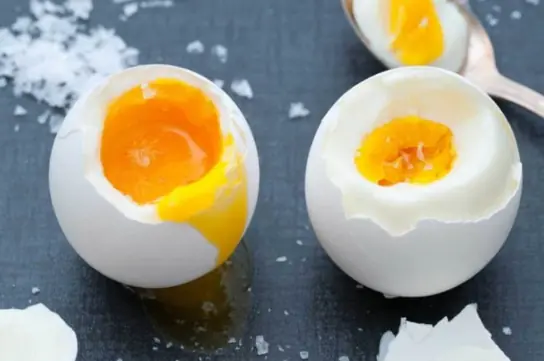
Boiled eggs are one of the most common and convenient foods in everyday life.

Although often praised as a “golden beverage” for its benefits to cardiovascular health, brain function, and energy metabolism, coffee is not always good for the body if consumed at the wrong time.

8 foods that are incompatible with tumors, remind each other to eat them regularly

Hidden bedroom pollutants may quietly threaten lung health


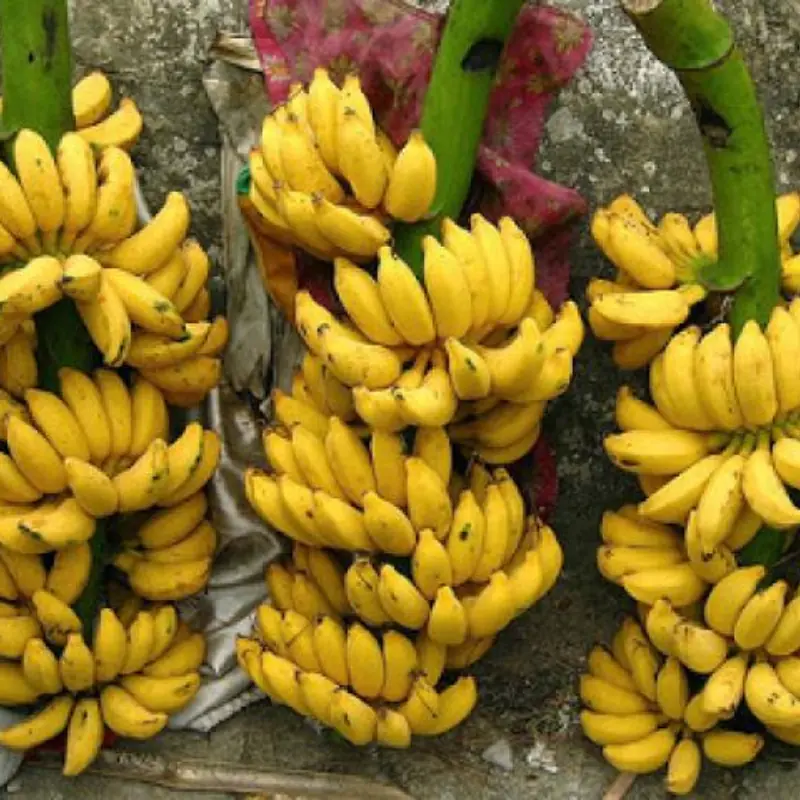
Why a simple banana at night may change how you sleep



Why one simple bedtime habit could quietly save your life

How To Clear Your Sinuses With Nothing But Your Hands